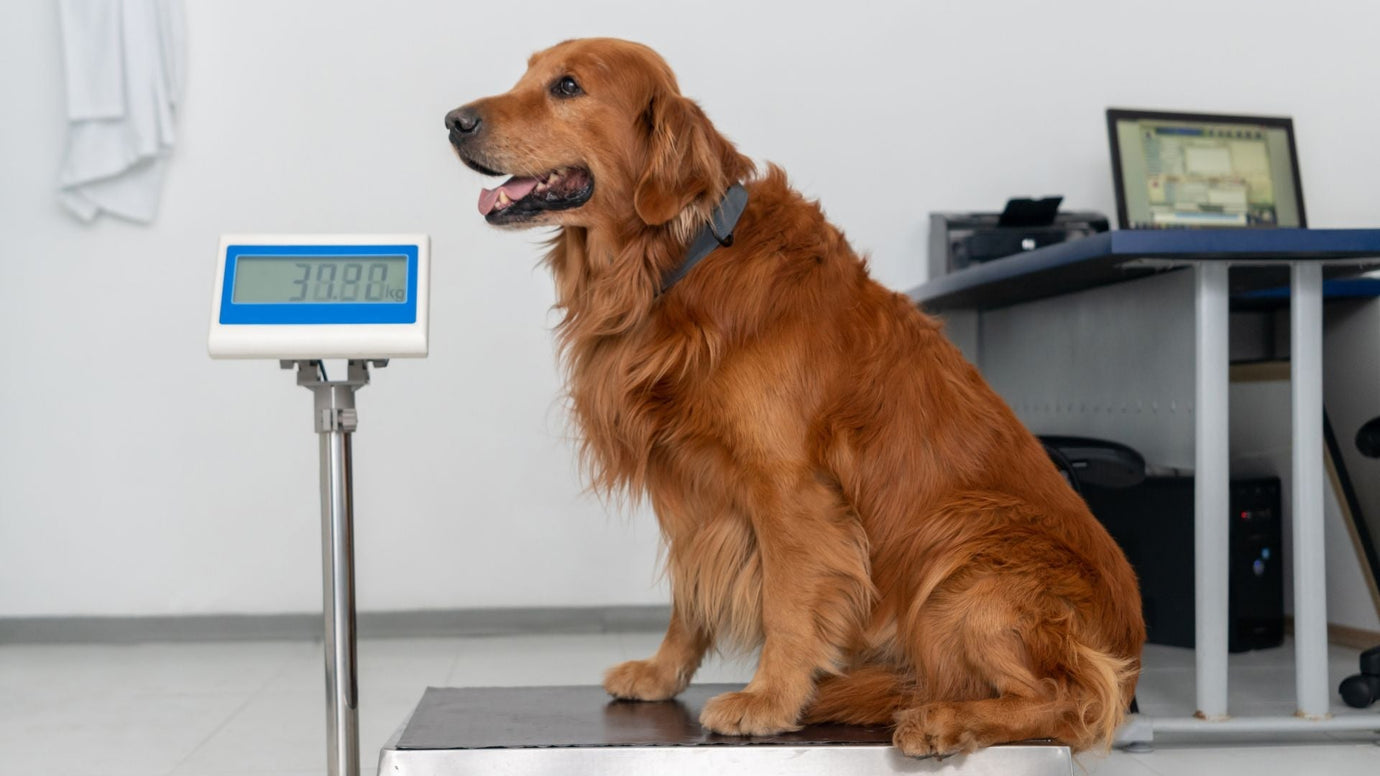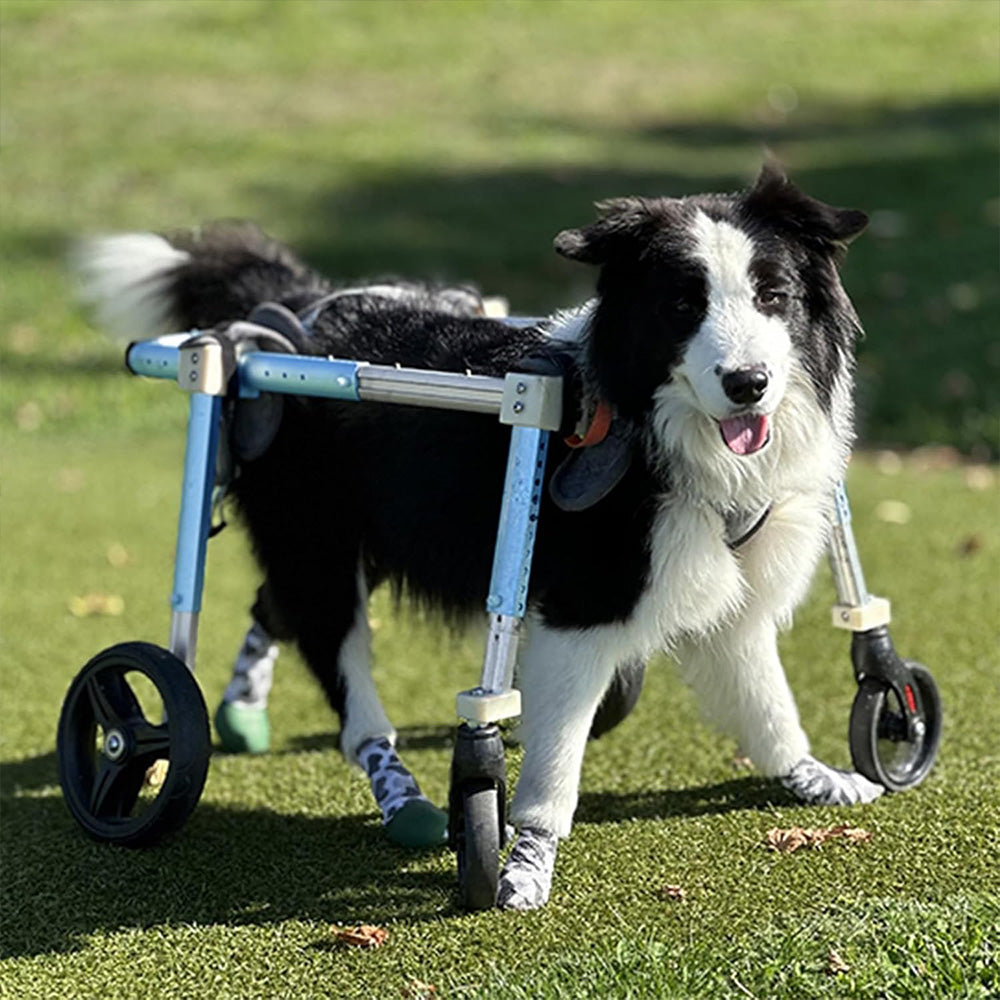Why Regular Veterinary Wellness Exams are Crucial for Senior Dogs
As our beloved canine companions enter their golden years, their healthcare needs change significantly. Just like humans, senior dogs are more susceptible to age-related health issues, many of which can develop gradually and go unnoticed in their early stages. This is why regular veterinary wellness exams are not just a recommendation but a cornerstone of responsible senior dog care. These comprehensive check-ups are the most effective way to ensure your aging friend enjoys a high quality of life, remains comfortable, and stays with you for as long as possible.
This article will delve into the importance of routine veterinary care for senior dogs, outlining what these exams entail, the key health concerns they address, and how they contribute to a happier, healthier life for your pet.
The Shift to Proactive Senior Care
For adult dogs, annual vet visits are typically sufficient for vaccinations and general health screenings. However, as dogs enter their senior years (generally around age 7 for most breeds, but earlier for larger breeds), the American Animal Hospital Association (AAHA) recommends transitioning to biannual wellness exams [1]. This increased frequency is crucial because a six-month period in a senior dog’s life is comparable to several years in a human’s, and significant health changes can occur in that time.
These exams shift the focus from reactive care (treating problems as they arise) to proactive and preventative care. The primary goal is to detect and address health issues early, before they become severe, painful, or life-threatening.
What to Expect During a Senior Wellness Exam
A senior wellness exam is more in-depth than a standard check-up. It is a comprehensive assessment of your dog’s overall health and typically includes:
- Comprehensive Physical Examination: Your veterinarian will perform a thorough nose-to-tail physical, checking your dog’s weight, body condition, skin and coat, eyes, ears, teeth and gums, heart and lungs, abdomen, and musculoskeletal system.
- In-depth Health History Discussion: This is a critical component where you can discuss any changes you’ve observed in your dog’s behavior, appetite, thirst, urination, defecation, mobility, or energy levels. Even subtle changes can be early indicators of underlying disease.
-
Senior Blood Panel: This is a vital diagnostic tool that provides a snapshot of your dog’s internal health. It typically includes:
- Complete Blood Count (CBC): Evaluates red and white blood cells and platelets, helping to detect infection, inflammation, anemia, and other blood disorders.
- Blood Chemistry Profile: Assesses organ function (kidneys, liver), electrolyte levels, and blood sugar, which can reveal conditions like diabetes, kidney disease, or liver problems.
- Urinalysis: A urine sample can provide valuable information about kidney function, hydration status, and the presence of urinary tract infections or other metabolic issues.
- Parasite Screening: Fecal tests and heartworm tests remain important for senior dogs to prevent and treat parasitic infections.
- Pain Assessment: Your veterinarian will carefully assess your dog for signs of pain, particularly related to arthritis, which is extremely common in senior dogs.
- Nutritional and Weight Management Counseling: As dogs age, their metabolism slows down, and their nutritional needs change. Your vet can recommend an appropriate diet to maintain a healthy weight and support their aging bodies.
Key Health Concerns Addressed in Senior Exams
Regular wellness exams are designed to catch the most common age-related diseases in dogs, including:
Arthritis: One of the most prevalent and under-diagnosed conditions in senior dogs. Early detection and management can significantly improve your dog’s comfort and mobility.
- Kidney Disease: Chronic kidney disease is a progressive condition that often shows no signs in its early stages. Blood and urine tests can detect it early, allowing for interventions that can slow its progression.
- Heart Disease: Heart murmurs or other irregularities can be detected during the physical exam, prompting further diagnostics like chest X-rays or an echocardiogram.
- Cancer: Senior dogs are at a higher risk for cancer. Regular exams can help detect tumors or other abnormalities early, when treatment is most effective.
- Dental Disease: Painful dental issues are common in older dogs and can lead to systemic health problems if left untreated. Regular dental check-ups are crucial.
- Cognitive Dysfunction Syndrome (Dog Dementia): Changes in behavior and cognitive function can be assessed, and management strategies can be implemented to improve your dog’s quality of life.
- Vision and Hearing Loss: Your veterinarian can assess for and help you manage age-related sensory decline.
The Benefits of Regular Senior Wellness Exams
The advantages of committing to biannual wellness exams for your senior dog are numerous:
- Early Disease Detection: This is the single most important benefit. Catching diseases early often leads to better treatment outcomes, a higher quality of life, and can be less expensive than treating advanced disease.
- Improved Quality of Life: By managing pain, addressing mobility issues, and optimizing nutrition, you can ensure your senior dog remains comfortable and happy.
- Stronger Veterinarian-Client-Patient Relationship: Regular visits foster a strong bond with your veterinary team, who will become intimately familiar with your dog’s health history and be better equipped to provide personalized care.
- Peace of Mind: Knowing that you are taking a proactive approach to your senior dog’s health can provide immense peace of mind and allow you to cherish your time together without constant worry.
Conclusion
Investing in regular veterinary wellness exams is one of the most profound acts of love you can offer your senior dog. It is a commitment to their comfort, health, and longevity. By working closely with your veterinarian, you can navigate the challenges of aging with confidence and ensure that your faithful companion’s golden years are truly golden.
Frequently Asked Questions (FAQs)
Q1: How often should my senior dog see the vet?
A1: The general recommendation is for senior dogs to have a wellness exam every six months. However, your veterinarian may recommend more frequent visits if your dog has a chronic health condition.
Q2: At what age is a dog considered a senior?
A2: This varies by breed and size. Generally, small dogs are considered seniors around age 9-10, medium-sized dogs around age 8-9, and large or giant breeds as early as age 6-7.
Q3: Are senior wellness exams expensive?
A3: While senior wellness exams are more comprehensive and may cost more than a standard check-up, they are a wise investment. The cost of preventative care and early disease detection is often significantly less than the cost of treating an advanced or emergency medical condition.
Q4: My senior dog seems healthy. Do they still need a wellness exam?
A4: Yes, absolutely. Dogs are masters at hiding pain and illness. Many serious diseases show no obvious signs in their early stages. A wellness exam and diagnostic tests can uncover hidden problems before your dog even shows symptoms.
Q5: What can I do at home to support my senior dog’s health between vet visits?
A5: Monitor your dog closely for any changes in behavior, appetite, or mobility. Maintain a healthy diet and weight, provide regular, gentle exercise, and ensure they have a comfortable living environment. Any concerns should be brought to your veterinarian’s attention promptly.
References
[1] American Animal Hospital Association. (2023). 2023 AAHA Senior Care Guidelines for Dogs and Cats.
[2] American Veterinary Medical Association. (n.d.). Senior pets.
[3] VCA Animal Hospitals. (n.d.). Wellness Testing for Senior Dogs.







